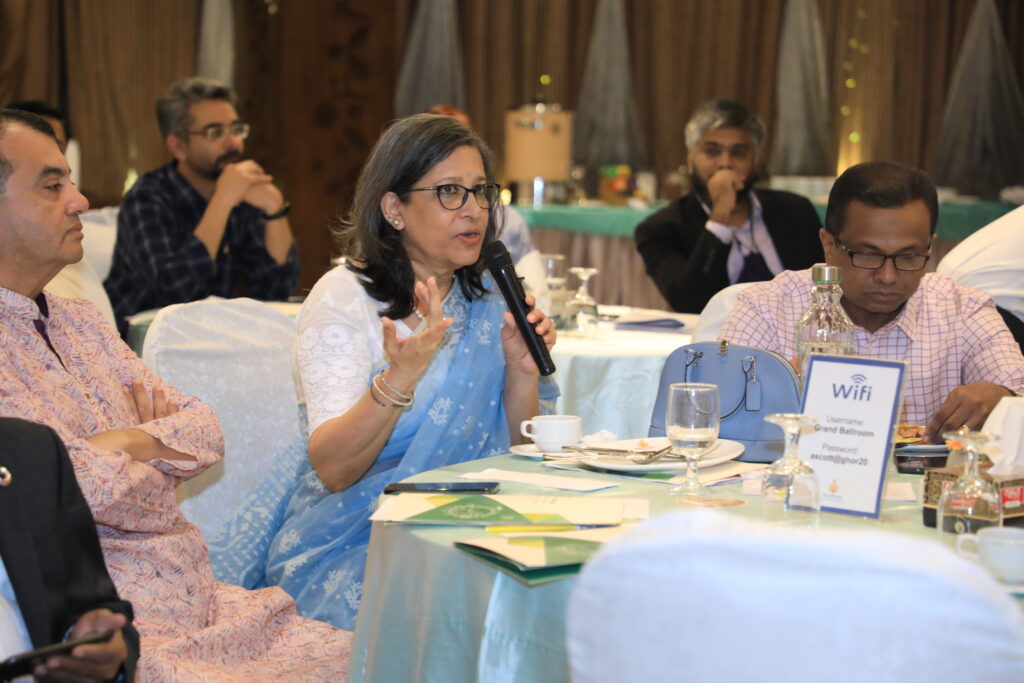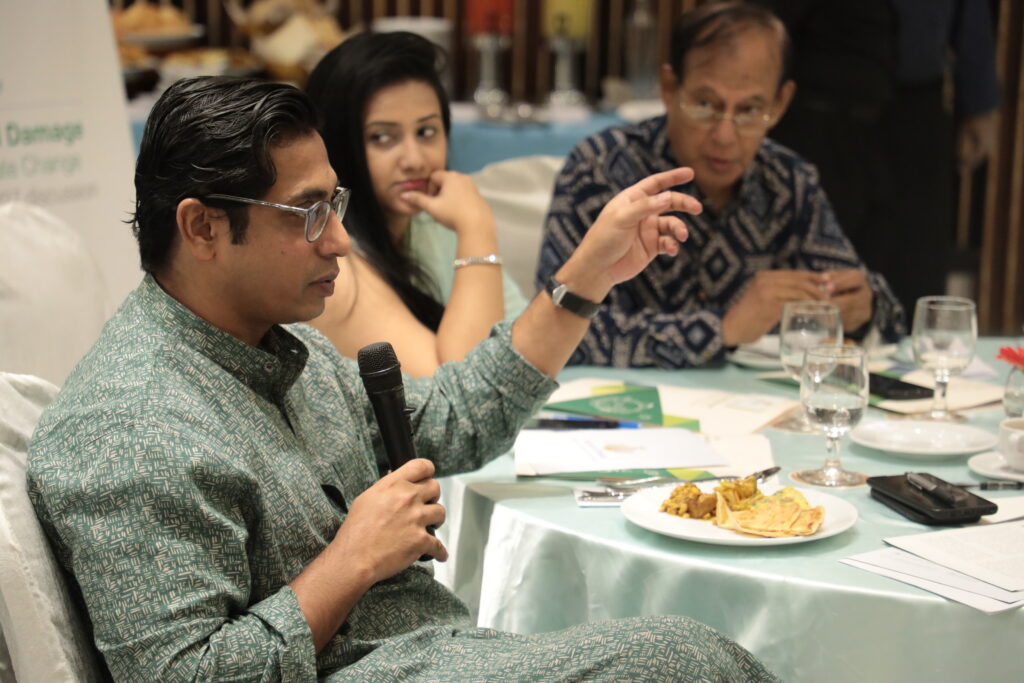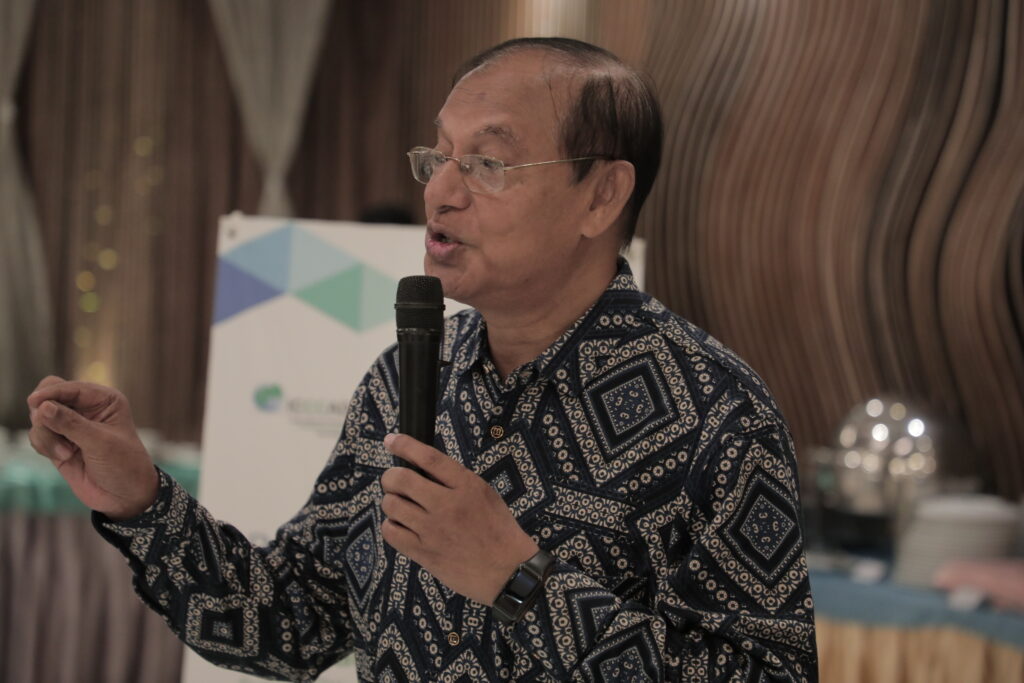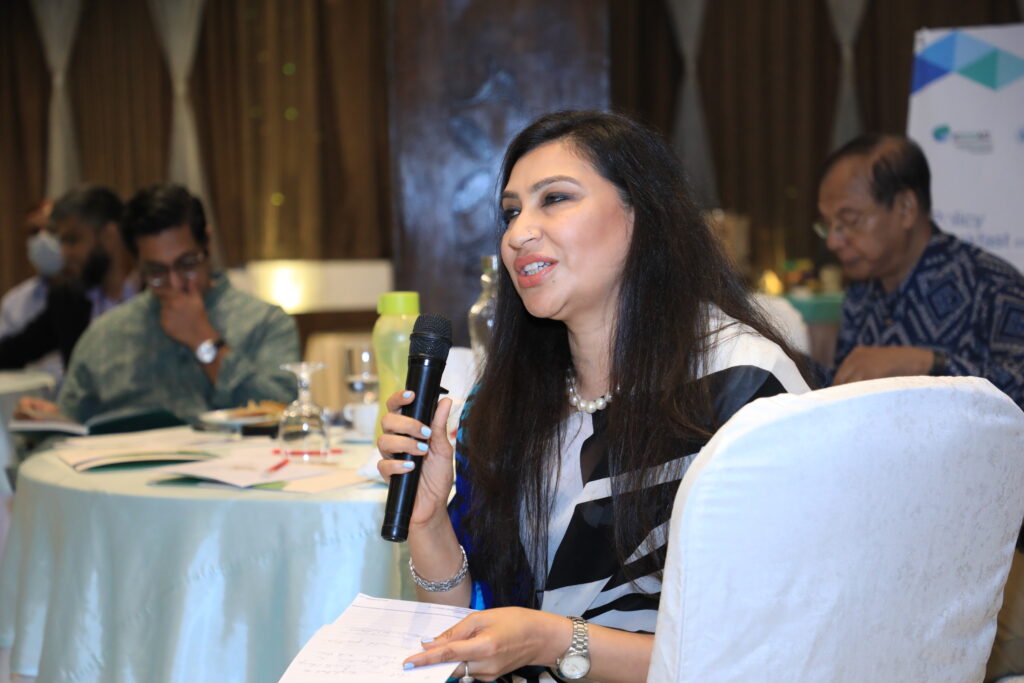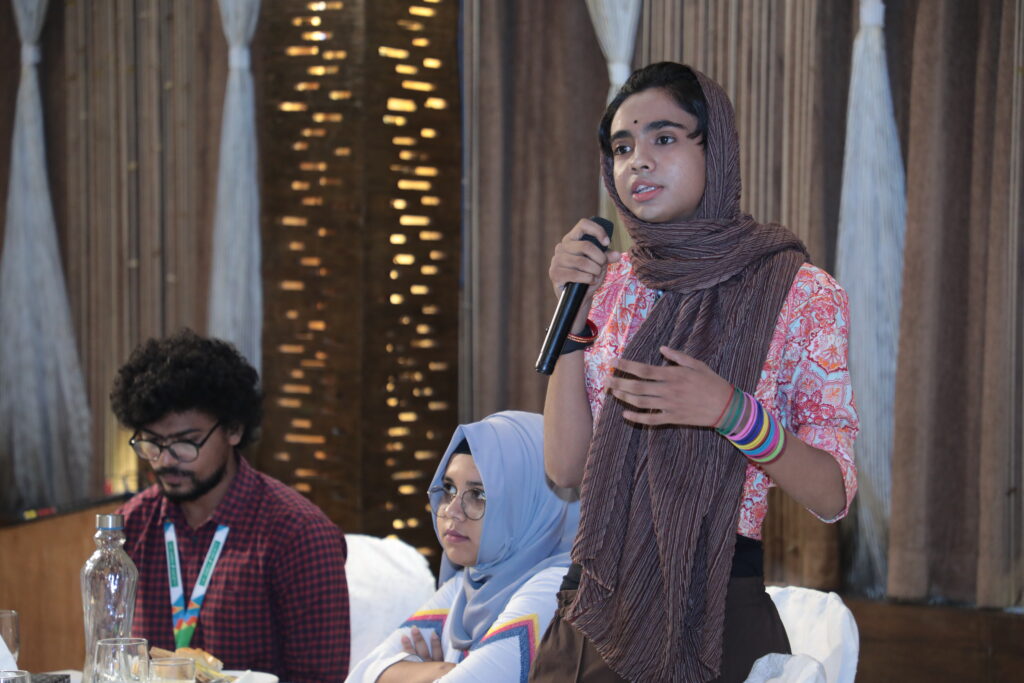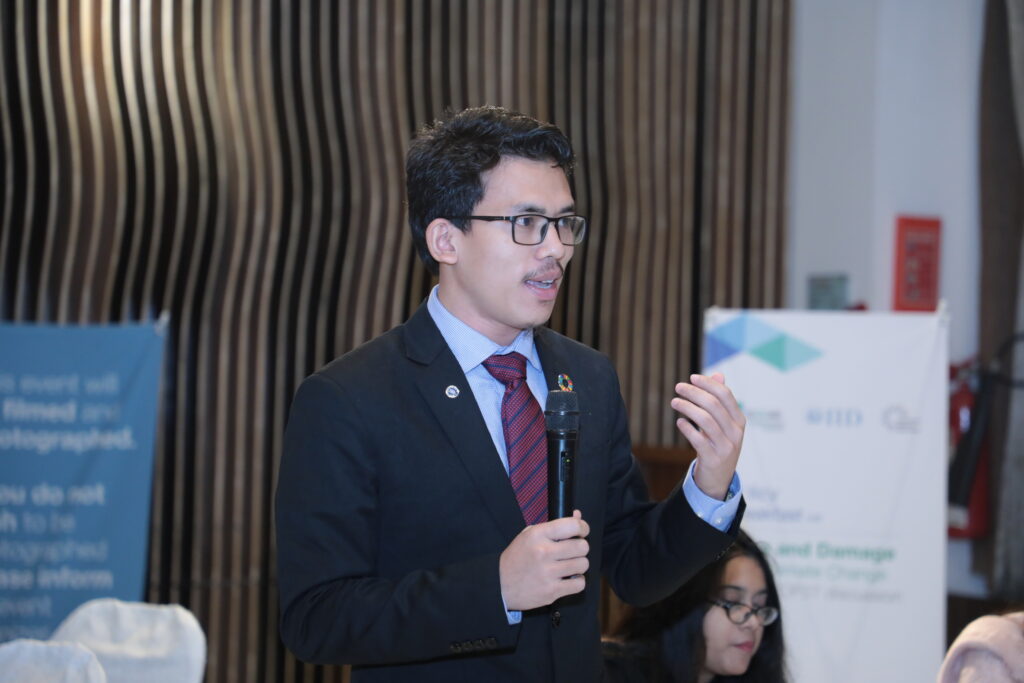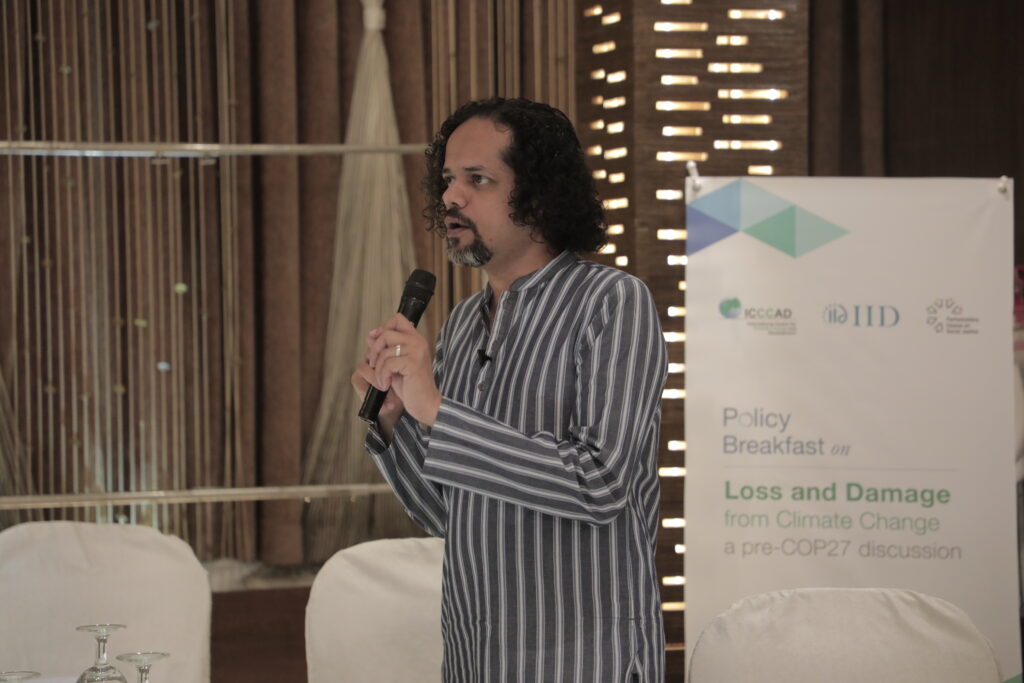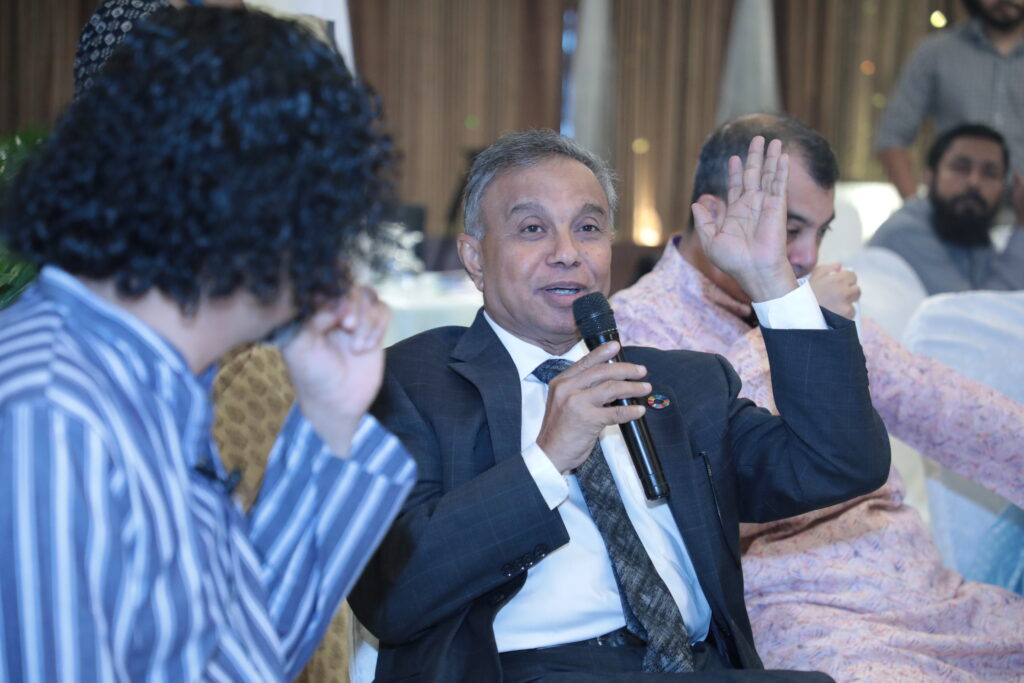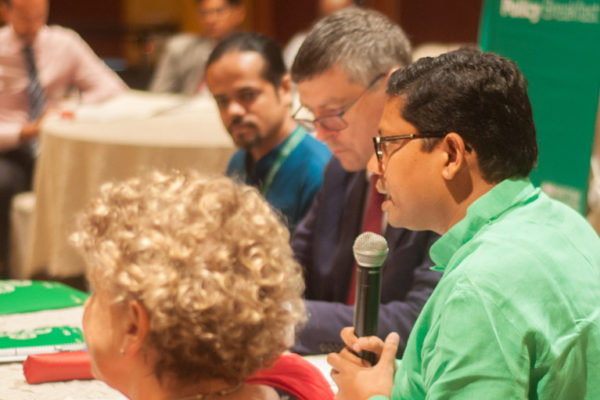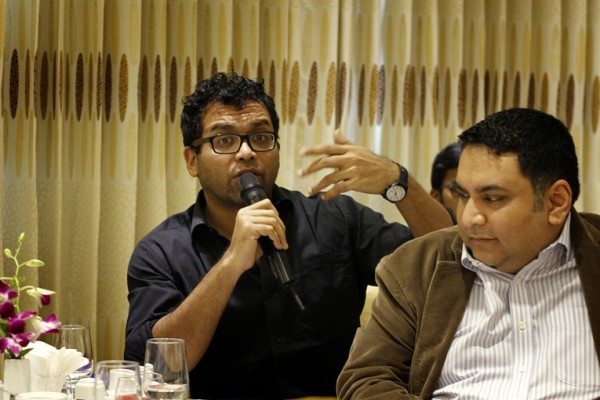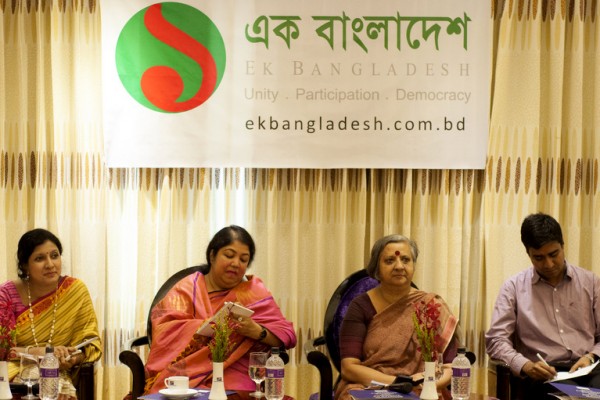While the world continues to negotiate on climate mitigation to safeguard the future, with not much ambitious plans around the issues of adaptation and Loss and Damage (L&D) under the UNFCCC process remain neglected. The developed country parties are yet to come to terms with adequate support for which they have assumed responsibility under the climate regime. So, over the years, the agenda of L&D has gained prominence with the unified demand from all the developing countries including the most vulnerable. So, L&D is likely to be the hottest agenda at COP27, being held in Sharm-el-Shaikh, Egypt during 06-18 November 2022.
In this context, with the upcoming COP27 in mind, IID & International Centre for Climate Change & Development (ICCCAD) in partnership with the Parliamentary Caucus on Social Justice hosted a Policy Breakfast on ‘Loss and Damage from climate change: a pre-COP27 discussion’ on 24th October 2022. The policy breakfast aimed to bring together stakeholders to coordinate and align the priorities and position of Bangladesh in the global debate around climate change loss and damage so that delegates can echo the needs of the most vulnerable in the upcoming COP 27.
The participants pointed out that because of inaction by major polluters to mitigate their emissions decades ago, developing countries ended up implementing different adaptation and mitigation strategies to cope with the impact of the climate crisis. But because adaptation finance has proved so inadequate many poor countries remain vulnerable to climate impacts and are being robbed of their lives and livelihoods. The emergence of loss and damage and the increased focus on it as a distinct issue is primarily a result of the failure to mitigate and inadequate support for adaptation efforts. They stated that climate justice means building a world where no one is left behind and those most marginalized aren’t forgotten. Thus, it is important for developing countries to form a coalition and demand that finance for loss and damage be included on the agenda of every COP henceforth starting with COP27. At CO27, a line needs to be drawn between action and negotiation. This COP should be for action alone. The stakeholders also called for several global actions to be advanced at COP27 and beyond, such as mobilizing the loss and damage conversation at the Inter-Parliamentary Union and the United Nations General Assembly, pushing for the establishment of a global climate financing mechanism, and encouraging other developed nations to follow the initiative taken by the Government of Scotland of pledging 1 million pounds to the Climate Justice Resilience Fund.
They did, however, agree that Bangladesh’s efforts to secure more funding to compensate to address loss and damage are not sufficient on their own.The participants highlighted the devastating impacts of climate change on the lives of people in the coastal areas of Bangladesh. Even after 13 years, people of Bangladesh’s coastal region are still awaiting construction of stone dams to escape the tidal surge following a cyclonic storm. Moreover, the youths present at the policy breakfast put forward the need for more nuanced conversation when it comes to the gender aspects of climate change loss and damage, especially the varied impacts on the transgender community in Bangladesh. They also spoke about the plight of the indigenous communities in Bangladesh who have been in the frontlines of climate vulnerability though have not been given the voice in national conversations.
The debate pushed the stakeholders to identify a number of initiatives to be implemented at the national and local levels to combat the climate catastrophe. For instance, they called for the establishment of a national mechanism for loss and damage to design a comprehensive system for a stronger response to losses and damages from climate impacts. The participants also highlighted the necessity of aligning loss and damage on existing national policies, developing monitoring and evaluation tools to ensure transparency of climate funds, and establishing a mechanism for measuring loss and damage. However, to implement these measures efficiently, there is no alternative to active involvement of parliamentarians, the strengthening of stakeholder capabilities, and building better coordination among them to streamline their efforts to deal with loss and damage.
Among others, Parliamentary Standing Committee on the Ministry of Environment, Forest & Climate Change chair Saber H Chowdhury, Member of Parliament; Nahim Razzaq, Member of Parliament; Tanvir Shakil Joy, Member of Parliament; Anwarul Abedin Khan, Member of Parliament, Rana Mohammad Sohail, Member of Parliament; Mir Mushtaque Ahmed Robi, Member of Parliament; Saleemul Huq, Director, ICCCAD, Mahjabeen Khaled, Former Member of Parliament, Farah Kabir, Country Director of ActionAid Bangladesh; Abul Kalam Azad, CVF Special Envoy; The event was Moderated by Syeed Ahamed, CEO of IID.
Participants have high hopes that the outcome of COP-27 will not only contribute to building momentum for climate action on a global scale but will also help lay out a plan for stakeholder collaboration that will drive more and more inclusive climate action on a national scale.

